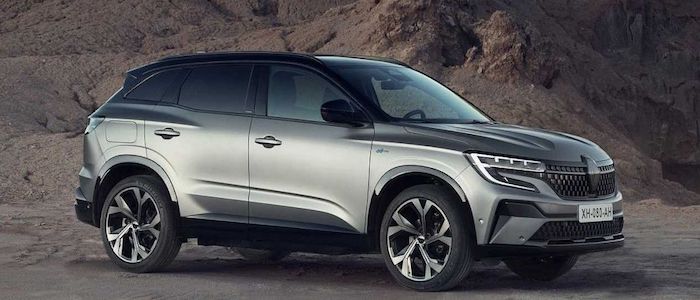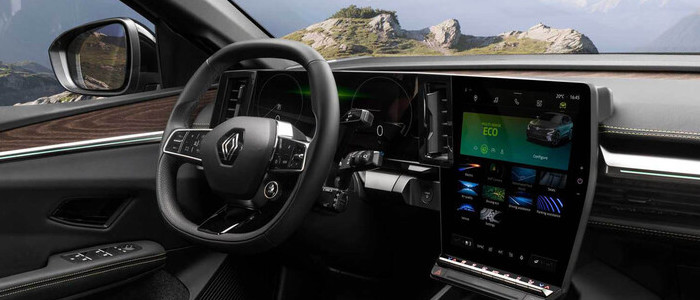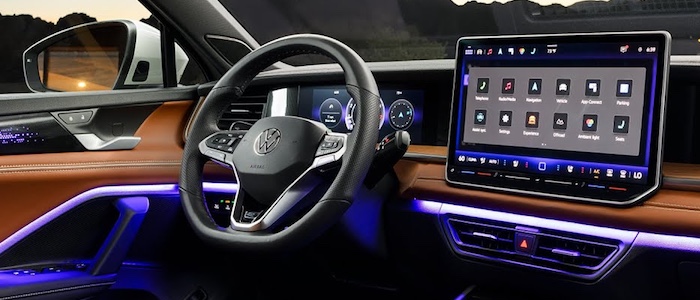Compare two cars
Compare any two cars and get our Virtual Adviser™ opinion
Dimensons & Outlines
Check vehicle history
Engine
1.2 HR12DDV Hybrid
1.5 EA211 evo Hybrid LP
Performance (manual gearbox)
Performance (automatic gearbox)
Expenses
Virtual Adviser's™ opinion
Well, these are two pretty similar cars we have here! It's only details that could potentially make the difference. Considering they both belong to the suv segment and utilize the same 5-door suv body style and the front wheel drive system, it all comes up to the specific hybrid engine choice they offer. The first one has a Nissan-engineered powertrain under the hood, a 3-cylinder, 12-valves 200hp unit, while the other one gets its power and torque from a 4-cylinder, 16-valves 204hp engine designed by Volkswagen.
SafetyA starting point here would be to take a look at the results from European New Car Assessment Programme (Euro NCAP) tests which were performed on both of the cars, with the same number of safety stars gained in the process. Moving further on, let's take a closer look at some additional safety-related facts. Both vehicles belong to the suv segment, which is generally a very good thing safety-wise, still it doesn't help us solve our dilemma, does it? On the other hand, when it comes to weight, a factor that most people underestimate, the German car offers a considerable difference of 11% more metal.
ReliabilityI don't like generalizing things when it comes to reliability, although it does seem that Renault does have a slight advantage, at least on all of the models level. These are the official statistics, while our visitors describe reliability of Renault, as well as Volkswagen, with the same average rating of 4.2 out of 5. Unfortunatelly, I don't have enough insight that would allow me to comment in more details on the specific models level. Above it all, drivers of cars with the same engine as the French car rank it on average as 3.0 out of 5, exactly the same as the other one.
Performance & Fuel economyVolkswagen is a bit more agile, reaching 100km/h in 0.4 seconds less than its competitor. In addition to that it accelerates all the way to 210 kilometers per hour, 30km/h more than the other car. When it comes to fuel economy an obvious choice would be the German car, averaging around 0.5 liters of fuel per 100 kilometers (565 mpg), in combined cycle. That's 860% difference compared to the French car!
Verdict
Renault appears just a bit more reliable, although the difference is truly marginal. The most important thing when deciding between any two vehicles should always be safety, both passive and active. In my opinion, everything taken into account, the German car offers significantly better overall protection, taking the lead here. It all continues in the same direction, with Volkswagen outracing its opponent in any situation possible, making it better choice for boy racers. To make things even better, it consumps less fuel! All together, there's not much more to say, in this case I wouldn't even consider anything but Volkswagen. Anyway, that's the most objective conclusion I could've came up with and it's based solely on the information found on this website. Aspects such as design, practicality, brand value and driving experience are there for you to measure them out. Also, you could use the oportunity to find out which car, everything taken into account, would be the perfect choice for you in the eyes of the virtual adviser™, out of 12.000+ vehicles we currently have in our database.
































